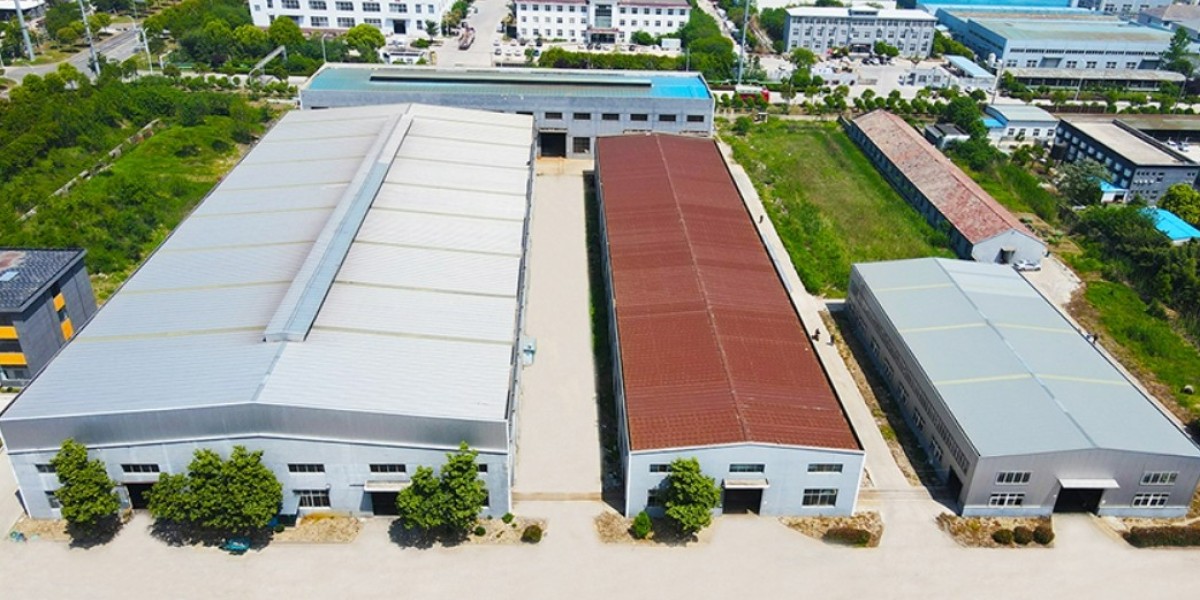1、What are the main differences in performance between Carbon Steel Pipe and Alloy Steel Pipe?
Carbon steel pipes are mainly composed of iron and carbon, with a relatively low cost. They are suitable for applications with general strength requirements, such as ordinary building structures and water/gas transmission pipelines. Alloy steel pipes, by adding alloying elements such as chromium, molybdenum and vanadium, significantly enhance their strength, wear resistance, corrosion resistance and heat resistance, making them more suitable for high-demand special working conditions in aerospace, chemical and other industries.
2、In which specific scenarios is the Low Temperature Steel Pipe applicable?
Low-temperature steel pipes, after special treatment, can maintain good toughness and resistance to brittle fracture at extremely low temperatures. They are often used in scenarios such as the storage and transportation of liquefied natural gas (LNG), low-temperature chemical equipment, and cryogenic treatment devices that need to withstand extreme low-temperature environments, ensuring the safe and stable operation of the system at low temperatures.
3、What maintenance points should be noted in the use of Boiler Pipe?
Boiler tubes are constantly exposed to high-temperature and high-pressure environments. During use, it is necessary to regularly inspect the thickness of the tube walls, surface corrosion and crack conditions to prevent over-temperature and over-pressure operation. At the same time, water quality must be strictly controlled to prevent scaling and corrosion. Hydro static tests and non-destructive testing should be conducted as required to ensure that the boiler tubes are always in a safe and reliable working condition.
4、What are the similarities and differences between High Temperature Steel pipes and boiler pipes?
Both need to have high-temperature resistance, but high-temperature steel pipes focus more on long-term stable operation in high-temperature media without deformation or performance degradation, and are often used in high-temperature reaction equipment such as petroleum refining and metallurgy. In addition to withstanding high temperatures, boiler tubes also need to withstand high pressures and have extremely high safety requirements. They are widely used in power station boilers, industrial heating boilers and other scenarios.
5、Where are the advantages of Precision Steel Pipe in terms of processing accuracy compared with other steel pipes?
Precision steel tubes are manufactured through special processes such as cold drawing and precision rolling, featuring high-precision dimensional tolerances and excellent surface quality. They have high inner and outer wall smoothness and good straightness. Its dimensional accuracy can be controlled within an extremely small range, which can meet the extremely high precision requirements for steel pipes in fields such as automotive manufacturing, hydraulic equipment, and precision instruments, ensuring the precise fit and efficient operation of precision components.
6、How to select the appropriate type of steel pipe based on the specific project requirements?
When choosing steel pipes, it is necessary to comprehensively consider the usage environment (temperature, pressure, medium), mechanical performance requirements (strength, toughness, wear resistance), cost budget and relevant industry standards. For general building transportation, carbon steel pipes are selected. Low-temperature steel pipes for low-temperature environments For high-temperature and high-pressure working conditions, boiler tubes or high-temperature steel tubes should be selected. For the assembly of high-precision equipment, precision steel tubes are selected. Alloy steel pipes can be considered for special performance requirements.
If you are interested in our products, you can contact us:https://www.baodely.com.







